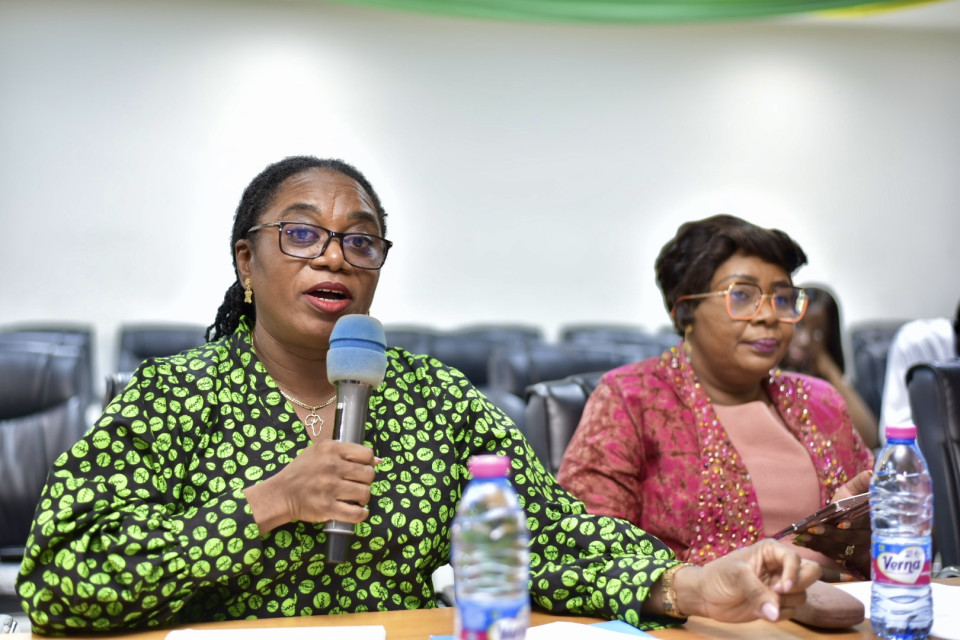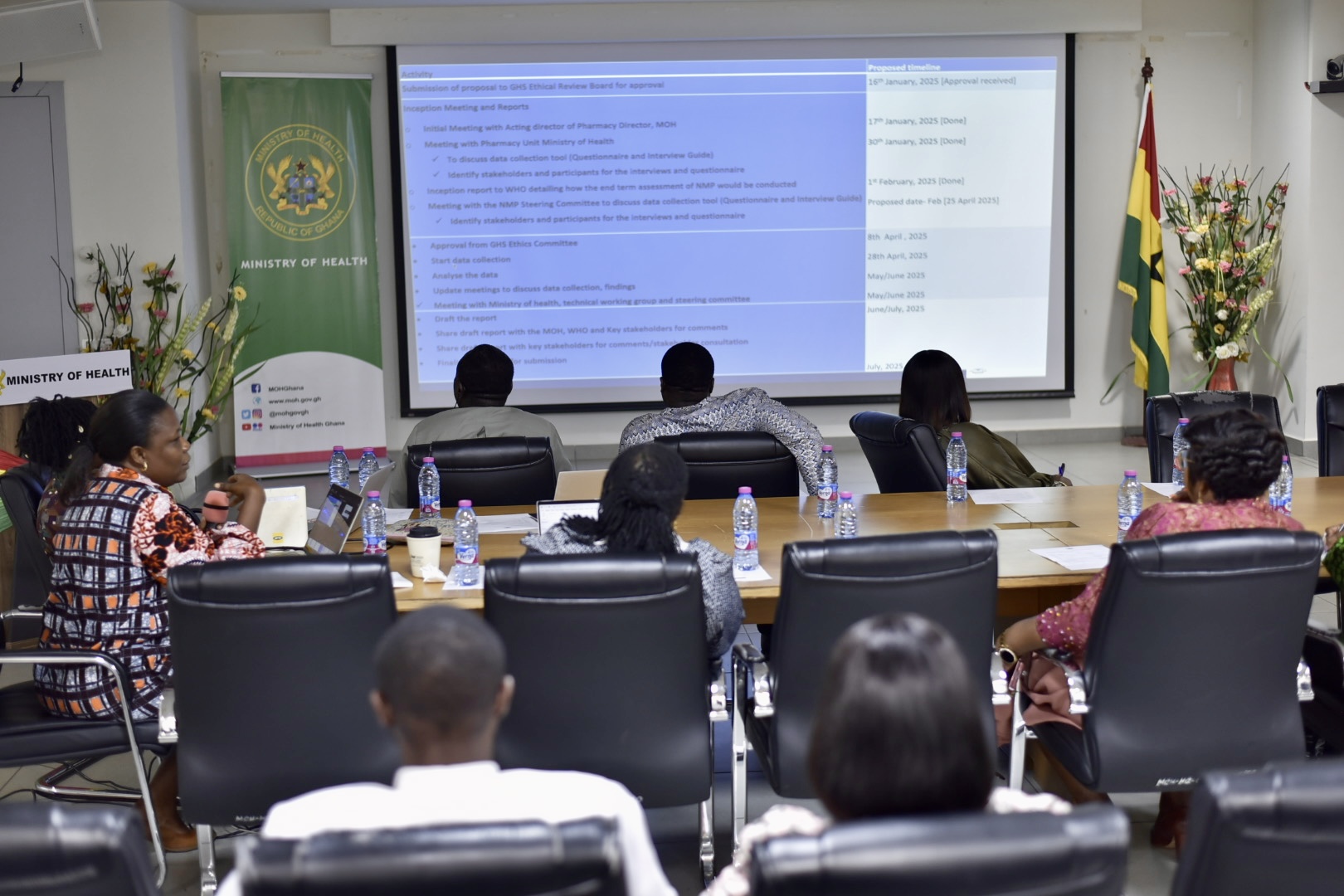Ghana Begins Review of National Medicines Policy to Advance Universal Health Coverage

Accra, April 25, 2025 — Ghana has taken a decisive step toward strengthening its health system and ensuring equitable access to essential medicines, as stakeholders gathered to validate new tools and methodologies for reviewing the country’s National Medicines Policy (NMP). The initiative, supported by the World Health Organization (WHO) in collaboration with the Ministry of Health (MoH), marks the beginning of a comprehensive overhaul of the country’s expired 2017 medicines policy.
Access to safe, effective, quality-assured, and affordable medicines remains central to achieving Universal Health Coverage (UHC). A robust National Medicines Policy provides the framework for regulation, selection, pricing, supply, and rational use of medicines—ensuring that no one is left behind in the drive toward better public health outcomes.
At the recent validation meeting in Accra, WHO provided technical support to refine the assessment tools and methodologies that will guide an independent review of the 2017 policy. These efforts aim to ensure the assessment is both comprehensive and fit for purpose, with findings expected to inform the development of a revised policy that meets current health demands.
The 2017 NMP, grounded in the health-related Sustainable Development Goals (SDGs) and Ghana’s national development strategies, focused on pharmaceutical governance, procurement efficiency, traditional medicine, and local pharmaceutical manufacturing. It also promoted rational medicine use and equitable healthcare access.
A mid-term review conducted in 2021 revealed that nearly half of the policy’s objectives were on track, while others were lagging or only partially met. The review highlighted critical areas needing attention, including enhanced inter-agency coordination, improved public awareness, and the establishment of accountability and monitoring systems. The COVID-19 pandemic further underscored the need for resilience in health systems, prompting a policy extension to 2024.
With the policy now expired, Ghana faces a pivotal moment. The current review process seeks to address past implementation gaps while aligning the country’s pharmaceutical strategy with emerging national and global health priorities. WHO’s continued partnership is expected to play a key role in ensuring the new policy supports sustainable health outcomes and accelerates progress toward Universal Health Coverage.
“This is not just about reviewing a document,” said a WHO representative at the event. “It’s about laying the foundation for a stronger, more equitable health system that serves all Ghanaians.”
As the process unfolds, stakeholders are optimistic that a renewed and resilient National Medicines Policy will enhance regulatory systems, strengthen local production, and promote wider access to life-saving medicines and health technologies across Ghana.



0 Comments
No Comments available. Be the first to comment on this post
Leave a Comment
Your email address will not be published. Required fields are marked *